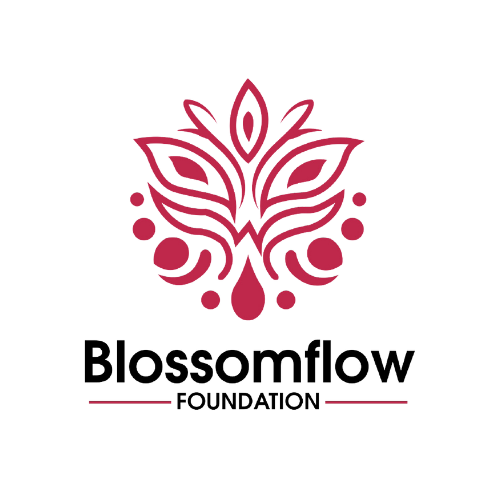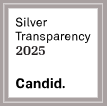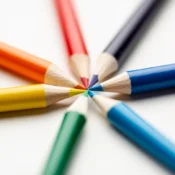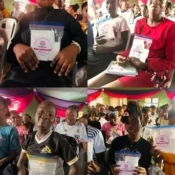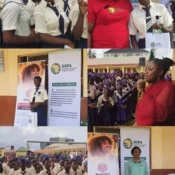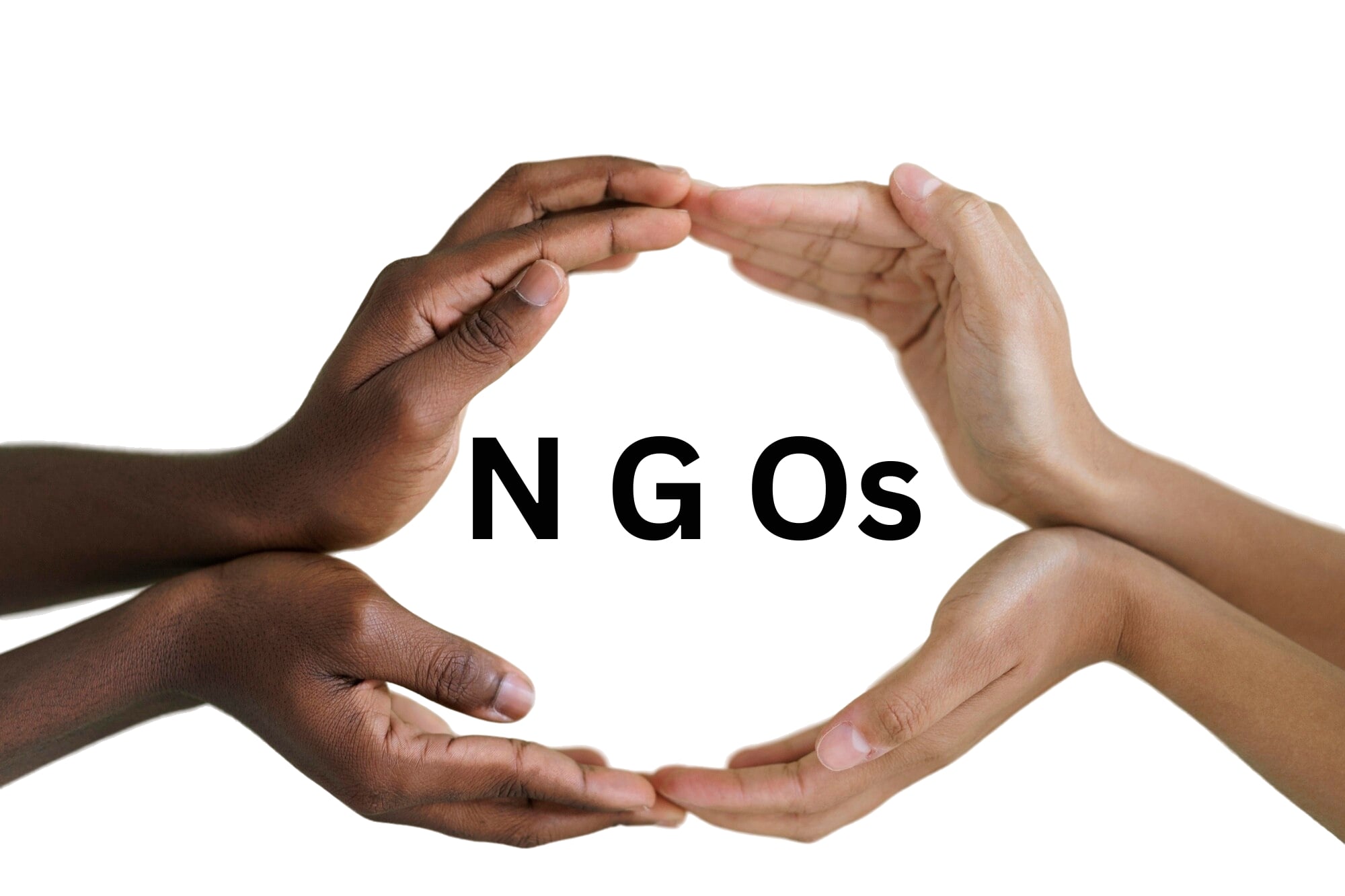
The Role of NGOs and Social Enterprises in Fighting Period Poverty
Period poverty, the lack of access to sanitary products, menstrual hygiene education, and proper sanitation facilities—is a silent crisis affecting millions of girls and women globally. In many communities, especially in developing countries, menstruation is still surrounded by stigma, misinformation, and cultural taboos that hinder progress and perpetuate inequality. Fortunately, NGOs and social enterprises are stepping in to bridge this gap, advocating for menstrual equity and sustainable solutions.
Organizations Making a Difference
One such organization is Blossomflow Empowerment Foundation, which is at the forefront of the fight against period poverty in Nigeria. Their mission goes beyond distributing sanitary pads; it encompasses education, empowerment, and systemic change. By reaching out to underserved communities, they aim to ensure that no girl has to skip school or suffer in silence because of her period.
Blossomflow’s Impact:
- Distribution of Sanitary Pads: Regular outreach programs provide thousands of girls with free sanitary pads, offering relief and restoring dignity to those who cannot afford them.
- Education and Empowerment Workshops: Menstrual health sessions educate both girls and boys to dismantle harmful myths, promote body literacy, and foster supportive environments in schools and communities.
- Policy Advocacy: The foundation also engages with local and national policymakers, lobbying for the elimination of taxes on menstrual products and the inclusion of menstrual hygiene management in public health policies.
Why Menstrual Education Matters
Menstrual education is critical, not only for hygiene but also for self-esteem and school attendance. When girls understand their bodies and feel confident managing their periods, they are less likely to drop out of school or fall behind academically. Moreover, involving boys in menstrual education helps foster empathy and dismantles the culture of shame that surrounds menstruation.
The Role of Infrastructure in Menstrual Health
Beyond products and education, period poverty is deeply tied to infrastructure. In many rural or informal settlements, access to clean water, private toilets, and sanitary waste disposal is limited or non-existent. Girls often have to use makeshift materials or stay home entirely during their periods, exposing them to infections and psychological distress.
In places like the slums of Lagos, public toilets charge small fees that many women cannot afford daily. The lack of safe, hygienic spaces for changing pads or washing menstrual cups severely limits their ability to manage menstruation with dignity. This problem is compounded during emergencies or displacement, such as during floods or in refugee camps, where basic needs often take precedence over menstrual hygiene.
How You Can Help
Tackling period poverty requires collective effort. Here’s how individuals, communities, and organizations can contribute:
- Donate Products: Partner with NGOs to supply pads, menstrual cups, or reusable cloth pads to those in need.
- Sponsor Programs: Fund menstrual health education programs in local schools and community centers.
- Spread Awareness: Use your voice on platforms like Instagram, LinkedIn, or Twitter to share stories, facts, and calls to action using hashtags like #EndPeriodPoverty and #MenstrualEquity.
- Support Policy Change: Advocate for government policies that prioritize menstrual health and hygiene, such as removing taxes on period products and ensuring access to menstrual hygiene in schools and public facilities.
A Future Without Period Poverty
Women who lack property rights or live in unstable housing are especially vulnerable. Displacement due to eviction, domestic violence, or poverty often means losing access to essential services, including those needed for menstrual health. When a woman cannot manage her period safely and privately, her dignity, safety, and opportunities are compromised.
Conclusion
Period poverty is more than a monthly inconvenience, it’s a profound barrier to equity and opportunity. Ending it requires a multifaceted approach that combines education, infrastructure, community engagement, and policy reform. By supporting grassroots initiatives like Blossomflow Empowerment Foundation and pushing for systemic change, we can ensure every woman and girl menstruates with dignity, confidence, and without shame. A world free from period poverty is not only possible—it’s essential for achieving true gender equality.
All Categories
Recent Posts
Why SDG 4 Cannot Be Achieved Without Ending Period Poverty
Tags
Give them a helping hand
Every donation fuels our mission to combat period poverty. Your generosity brings us closer to menstrual equity.
+234-909-482-1642
inquiries@blossomflow.org
